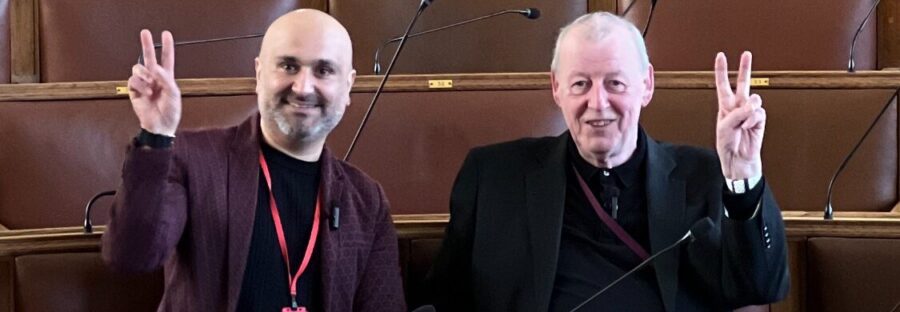Councillor John Hacking on tackling youth unemployment in Manchester
- Featured image credit: Faraz Arian
In an exclusive conversation with NQ, Councillor John Hacking, Manchester City Council’s Executive Member for Skills, Employment, and Leisure, shared his concerns about youth unemployment and outlined the city’s efforts to support young people who are not in education, employment or training (NEETs).
Cllr. Hacking emphasised the urgency of the issue, and said alongside the initiatives launched by Manchester City Council, more coordinated action is needed to reach young people who are slipping through the cracks.
A hidden problem
“We’re talking about a group that’s often invisible,” Cllr. Hacking said. “Many of these young people aren’t engaged with any services, and that makes it extremely difficult to support them.”
A Manchester City Council report last year highlighted an increase in the number of NEETs in Manchester, though Cllr. Hacking feared the true number may be higher than the report suggests. “We simply don’t have a complete picture. The data is fragmented, and that’s part of the problem. If we can’t identify them, how can we help them?”

Fragmentation and collaboration
Cllr. Hacking was candid about the systemic challenges facing the city. “There are so many partners—local authorities, colleges, DWP, community groups—but we’re not always working in sync,” he said. “Each has a piece of the puzzle, but no one has the whole thing.”
According to Cllr. Hacking, without a unified approach, successful initiatives risk being isolated rather than scaled. “Good things are happening, no doubt about it. But they’re pockets of success. What we need is system change.”
The councillor also pointed to the uneven distribution of NEETs across the city, with more deprived areas carrying a disproportionate burden.
“In parts of south Manchester, you don’t see high numbers of NEETs. But go to some areas in the north or east, and it’s a very different story,” he explained. “This isn’t just a citywide issue—it’s a local one, a community one.
“We need to tailor our interventions. One-size-fits-all doesn’t work. We need to look at what each area needs and build solutions from the ground up.”

Building a fairer future
Looking ahead, Hacking stressed the importance of impact over activity. “It’s not enough to say we’ve set up a program or offered a course,” he said. “The real question is: Did it change someone’s life? Did it help them get a job and stay in it?
“We need to get better at asking ourselves: is this working? And if not, why not? Young people deserve more than good intentions—they deserve results.
“If we’re serious about tackling youth unemployment, we need to work together. No one organization can fix this on its own.
“These young people are not problems to be solved—they’re potential to be unlocked. And it’s on all of us to make sure they don’t get left behind.”


